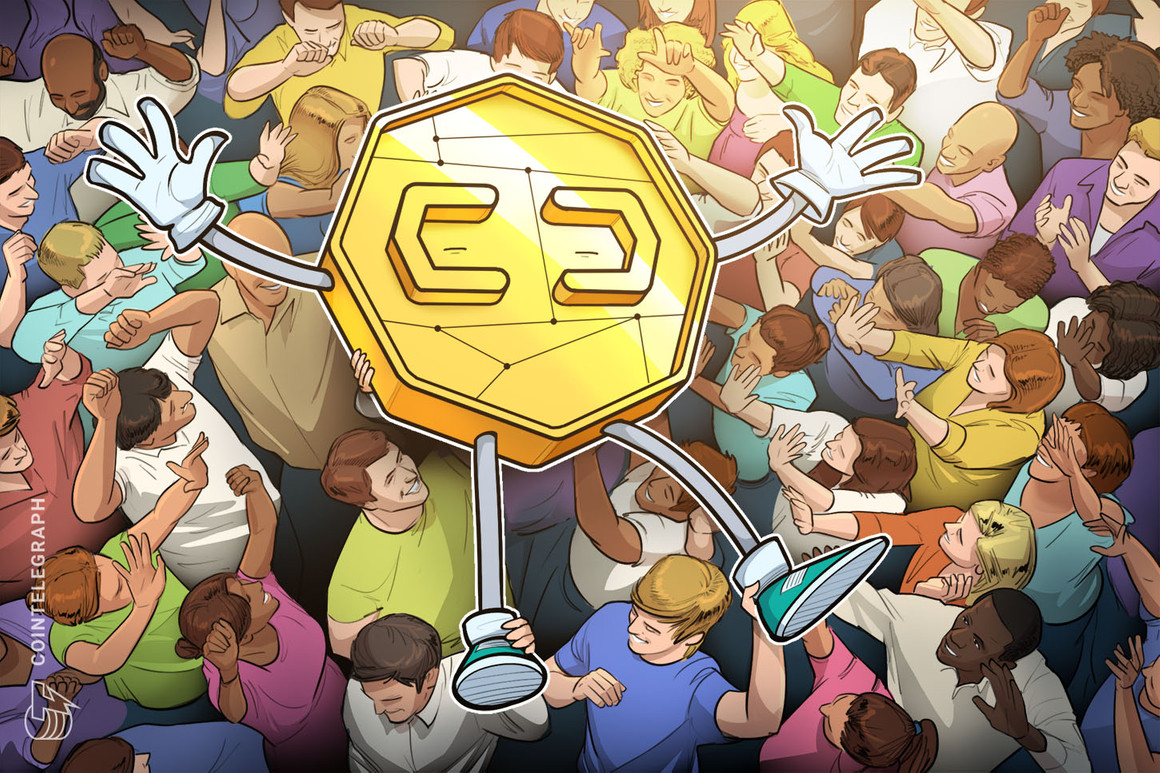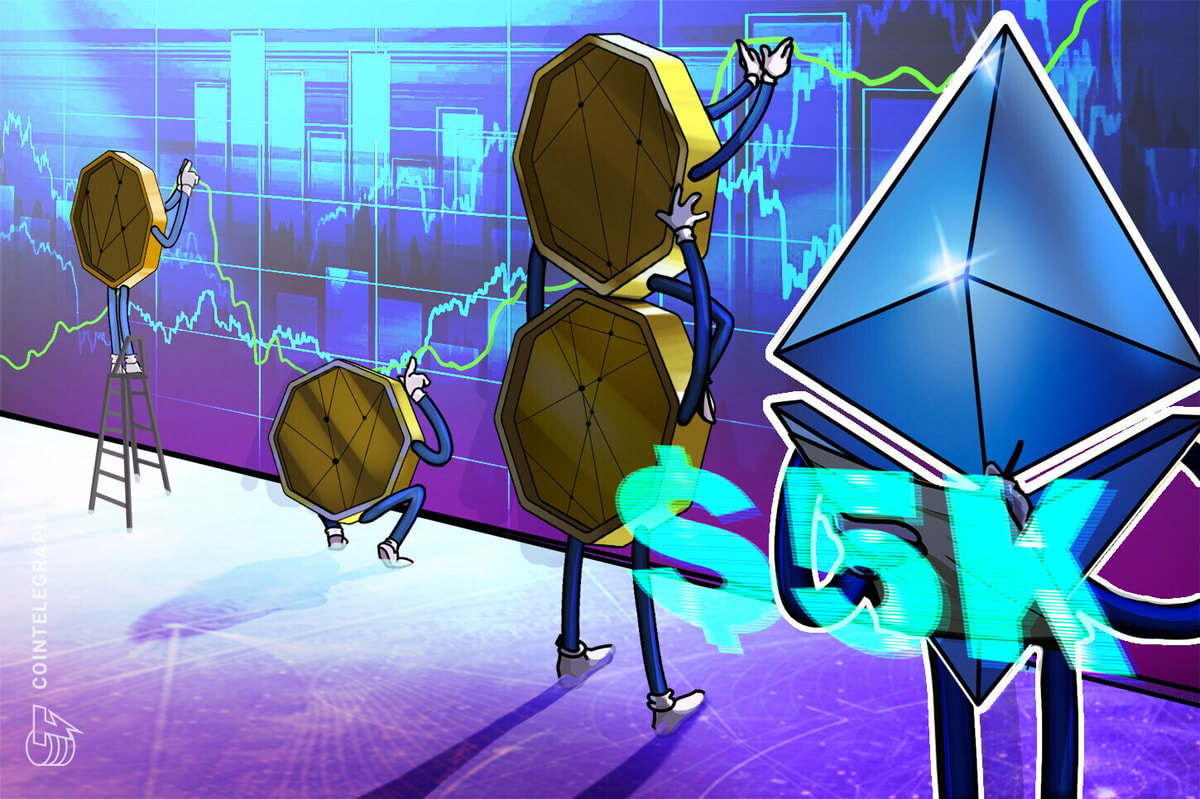The new U.S. Securities and Exchange Commission (SEC) Chair Gary Gensler has brought much controversy over the regulation of Bitcoin, Ethereum, and cryptocurrencies. In an intervention on the Aspen Security Forum, Gensler failed to be clear on the regulator’s stand on Ethereum and hinted at a potential further expansion of the Commission’s jurisdiction over “all cryptocurrencies”.
This has instigated a subtle pushback from the other major financial regulator in the United States, the Commodities and Futures Trading Commission (CFTC). After that event, the Commissioner from this agency Brian Quintenz replied to the following to Gensler claims:
Just so we’re all clear here, the SEC has no authority over pure commodities or their trading venues, whether those commodities are wheat, gold, oil….or crypto assets.
Bitcoin and Ethereum, unlike the other thousands of digital assets called cryptocurrencies, are supposed to be treated as commodities and not securities under U.S. law. This has been reiterated multiple times by the CFTC and many of its commissioners and has been accepted by previous SEC administrations.
However, Gensler could have a different view. His positions have been classified as ambiguous. Thus, investors and legal experts have demanded clarification. In response to a video published on Gensler’s official account, lawyer Jeremy Hogan demanded SEC Char provide a clear answer:
We know you understand Ethereum very well. We also understand you recently said that U.S. securities laws are “very clear.” Therefore, the millions of Americans who own Ether would like to know the answer to a SIMPLE question: is Ether a security? YES. or, NO.
After almost 10 days of silence, Hogan reiterated his request to no avail. Therefore, CFTC Commissioner Quintez took to the social network to defend the regulator’s jurisdiction and give some tranquility to Ethereum investors. He said:
A futures contract on a security is in both the SEC’s and @CFTC’s jurisdiction. A futures contract on a pure commodity is only in the CFTC’s jurisdiction. There is a currently a futures contract on #ETH. It is only under the CFTC’s purview which makes ETH a non-security commodity
— Brian Quintenz (@CFTCquintenz) August 14, 2021
Could The Ethereum Case Force U.S. Regulators Be More Transparent?
Hogan has been very active in the legal battle started by the SEC against Ripple Labs and some of its executives for the alleged sales of an unregistered security, XRP. He has argued, as many from the XRP and Ethereum community, that regulators in the U.S. should offer more clarity on those assets that are classified as security or commodities.
This classification is one of the most important steps to protect investors by avoiding legal battles that could affect their capital, companies, or services based on a certain crypto asset. The SEC Chair has been calling for U.S. Congress to grant it more “authority” to regulate cryptocurrencies.
This could finally open up the debate from regulators that could eventually lead to a transparent classification of cryptocurrencies. The crypto community has been keeping a close eye on the political sector, as new legislation could affect crypto entities in the country. Thus, demonstrating its capacity to organized and fight back when the time calls for it.
At the time of writing, Ethereum trades at $3,260 with a 1.7% profit.












